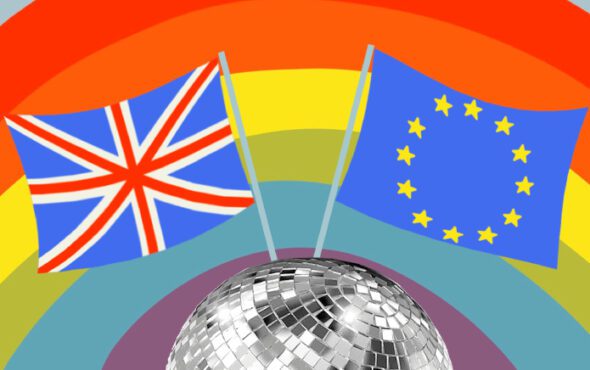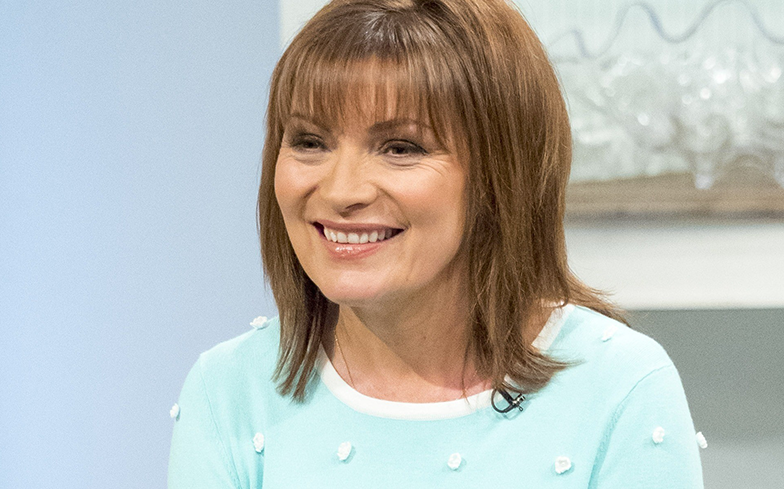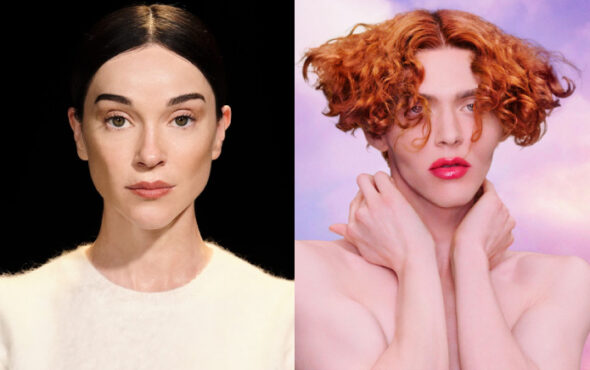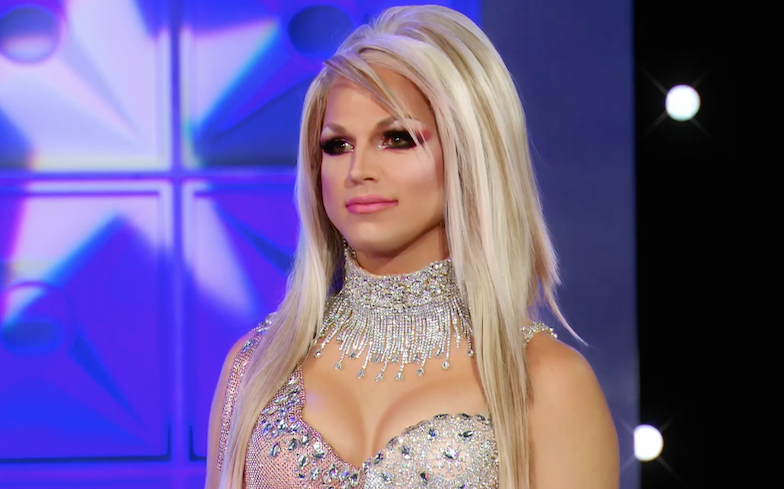
Growing up, I wouldn’t have classed myself as a big Eurovision fan. I’ve never been to a Eurovision party, tuned in for the semi-finals or listened to any of the acts before the main event.
But within 48 hours of my arrival this week in Liverpool – home of Eurovision 2023 – I was a convert, yet another LGBTQ+ person who loves Eurovision.
How did this happen? Was I simply star struck after bumping into Finland’s Käärijä – the bookies’ choice to win this year – backstage at the EuroVillage?
It was partly the warm welcome rolled out by Liverpool’s LGBTQ+ community as I toured the city’s Pride Quarterwith my notebook in search of quotes.
And it is hard not to be won over by Eurovision’s most loyal queer fans, some of whom have been following the contest for more than a decade.
Fans from Serbia, Slovenia, Finland and France told me how much it had meant to see queer representation on their TVs when they were younger.
This year, young LGBTQ+ people have Gustaph, representing Belgium, whose unapologetically queer performance featured U.S. dancer PussCee, who vogued alongside him on stage.
After qualifying for the final, the singer became emotional during the after-show news conference when he was thanked for bringing ballroom culture to the Eurovision stage for the first time.
“I was a little bit scared while I was waiting for the results because there was still a little boy inside of me (saying) ‘they will not accept this‘,” Gustaph said.
His words will resonate with queer people all over Europe, where violence against LGBTQ+ people has reached a decade-high, according to the ILGA-Europe rights group, even as queer visibility grows.
Gustaph will be joined in the final by Sweden’s Loreen and Norway’s Alessandra, both of whom openly identify as bisexual.
Other artists, such as France’s La Zarra and Israel’s Noa Kirel, have also shared how their performances were inspired by LGBTQ+ talent they admire.
Together, these artists make Eurovision the ultimate safe space for queer self-expression – something that has become even more tangible when walking the rainbow-draped streets of late-night Liverpool.
Reporting by Lucy Middleton.
GAY TIMES and Openly/Thomson Reuters Foundation are working together to deliver leading LGBTQ+ news to a global audience.



